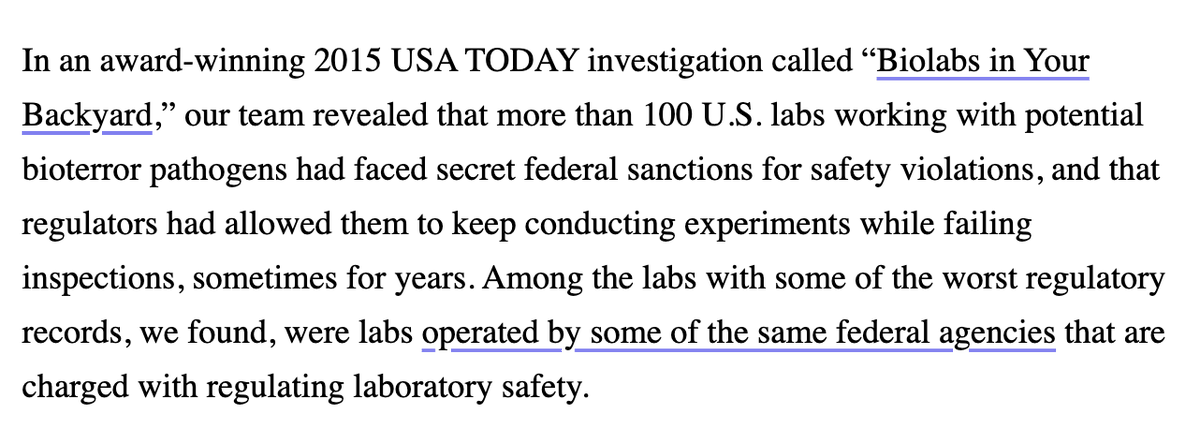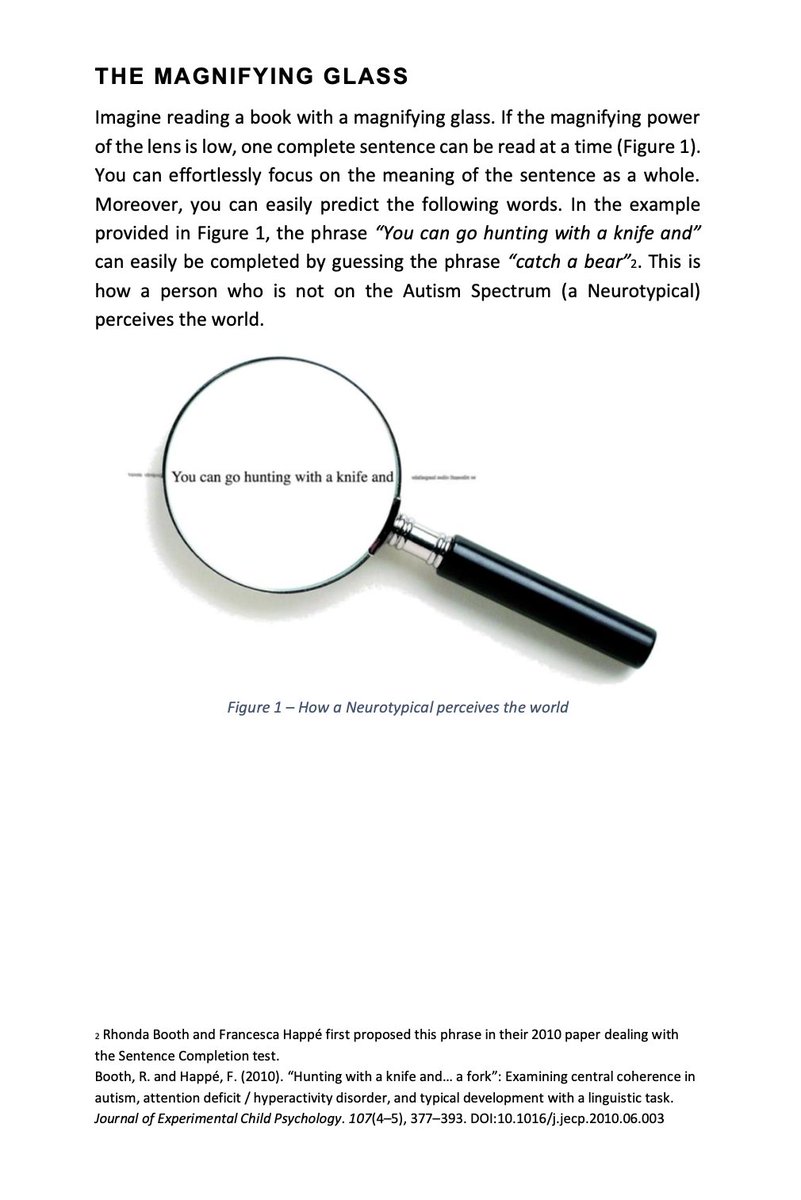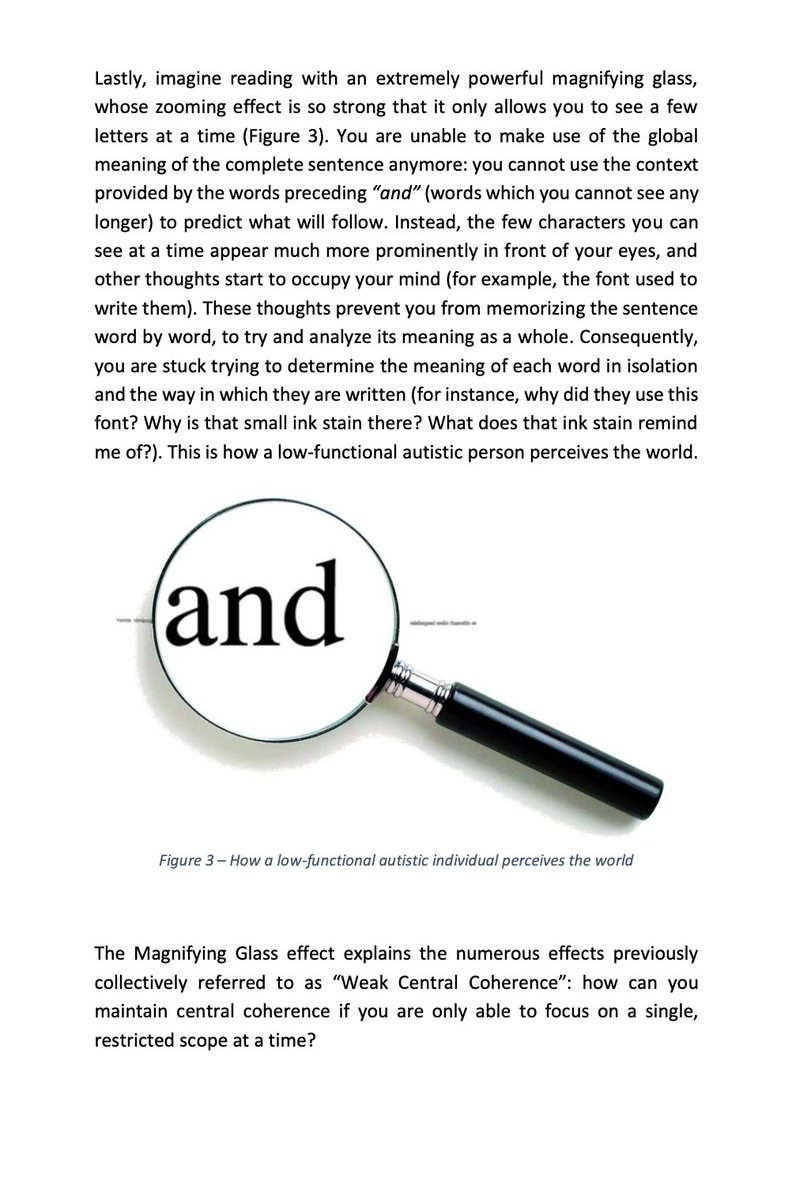
Hypothesis: "Resistance to change" is BS.
It's not that we resist change. It's that we don't fancy doing things we didn't experience being good for us.
It has nothing to do with new or old – as a proof, we are quick to try something new when we experienced it being good.
1/4
It's not that we resist change. It's that we don't fancy doing things we didn't experience being good for us.
It has nothing to do with new or old – as a proof, we are quick to try something new when we experienced it being good.
1/4
2/ The thing is, we might know that trying the new thing makes sense, but unless we emotionally experienced it being good, we won't try it.
But it hasn't anything to do with it being new. Even if it were old, we'd only do it if we emotionally thought it'd be good for us.
But it hasn't anything to do with it being new. Even if it were old, we'd only do it if we emotionally thought it'd be good for us.
3/ Hence, my hypothesis that resistance to change is BS.
It's a confabulation for why we are likely not to do something new. But it hasn't to do with it being new.
It's just selection bias: what is new is more likely to lack some factor which is required for its adoption.
It's a confabulation for why we are likely not to do something new. But it hasn't to do with it being new.
It's just selection bias: what is new is more likely to lack some factor which is required for its adoption.
4/ Even in the case of social behavior, we don't resist change because something is new. Often, we keep doing the old thing just because that's what other people are doing.
It's a chicken-and-egg problem. It's an adoption problem. But it's not a novelty problem.
It's a chicken-and-egg problem. It's an adoption problem. But it's not a novelty problem.
• • •
Missing some Tweet in this thread? You can try to
force a refresh







